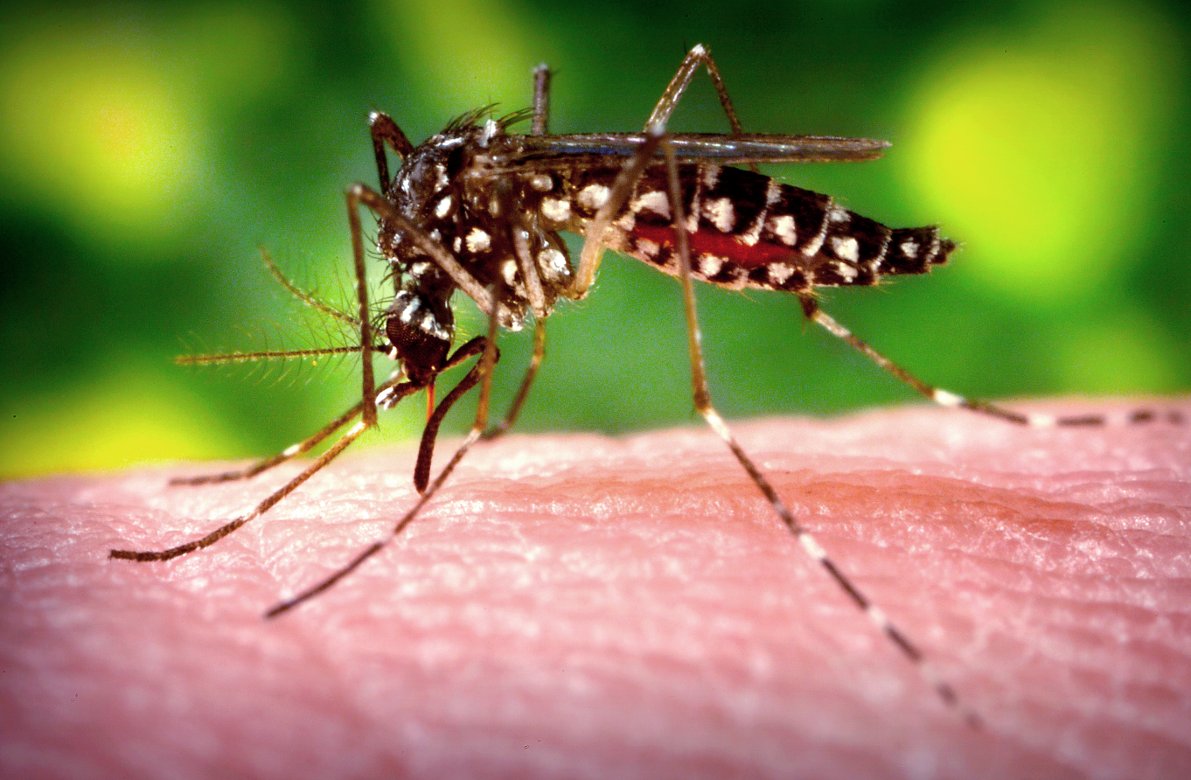WASHINGTON — The United States Agency for International Development is calling for global innovators to “get creative” with ideas to combat the escalating threat of Zika virus. The initiative came as the Centers for Disease Control confirmed the virus causes severe brain defects in infants.
The “Combatting Zika and Future Threats Grand Challenge,” launched Wednesday with plans to invest as much as $30 million in development of successful ideas.
“This is a globalized, interconnected world and a threat to any country is a threat to all,” said Wendy Taylor, director of USAID’s Center for Accelerating Innovation and Impact.
“Vector borne diseases like Zika, like dengue, like malaria, can affect a major percentage of the world’s population and we don’t yet have effective and proven and scalable ways to be able to create resilience against the mosquito,” Taylor said. “We can’t plan to fight tomorrow’s outbreaks with yesterday’s tools.”
Also Wednesday, in what CDC director Tom Frieden called “a turning point in the Zika outbreak,” scientists at the agency confirmed the virus is a cause of microcephaly; a condition where an infant’s head is much smaller than average. The virus can also cause other severe fetal brain defects.
The combatting Zika challenge at USAID is similar to a “Fighting Ebola” challenge; a program which saw 14 innovations funded out of 1,500 submissions. Successful ideas ranged from a media campaign, to wearable patient sensors, to an Ebola decontamination chamber tantamount to a “human car wash.”
In 2016, USAID said it is encouraging the same kind of creativity.
“Ideas could range from the very simple… all the way to complex, such as thinking about genetically engineered mosquitoes,” Taylor said.
USAID is looking for ways to reduce mosquito populations, prevent transmission of the virus, and mobilize and educate entire communities.
And while Taylor is optimistic about the potential for innovation, concerns about the limited funding for such global threats remain.
“We are reprogramming Ebola funds now to be able to move this challenge forward,” said Taylor.
But Taylor is worried that shifting Ebola funds to fight Zika could hinder efforts to prevent the next global pandemic.
“It could compromise our effort to really be able to respond in the event of a new Ebola outbreak,” she said.
The White House announced last week that $589 million left over from the Ebola response would go toward the Zika outbreak. The Obama administration had initially requested nearly $1.9 billion to respond to Zika, both at home and abroad.
Stephen Morrison, director of the Global Health Policy Center at the Center for Strategic and International Studies, said that, while worthy, “this $30 million that you have here at AID in this challenge is no substitute for the heavy lift that’s needed.”
Morrison agreed that the real requirements for this next phase are $1.9 billion – Obama’s original request — and warned that the United States’ reliance on emergency funding, as was the case with the Ebola outbreak, is “no way to do business.”
“We need people to wake up,” Morrison said. “My basic fear is that we’re heading into a Katrina situation where our politics are preventing us from taking actions at the right time that need to be taken to minimize the risk. And so we’re going to wind up with a huge number of preventable birth defects, of microcephalic infants … and its preventable. We don’t have a whole lot of time here in the United States when we’ve got summer coming upon us very quickly.”


